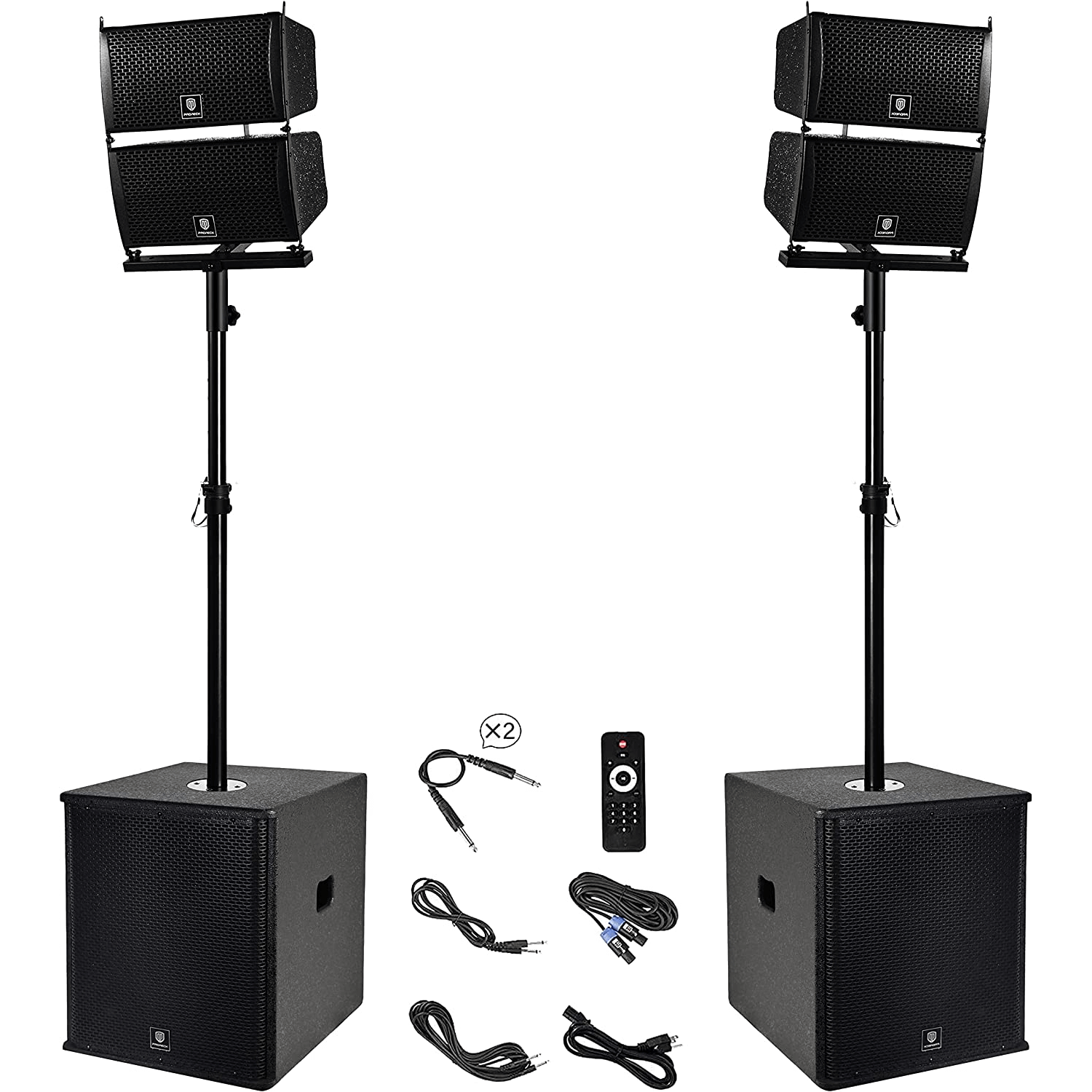PA System
The term "PA" can be understood differently from various professional perspectives. It can stand for "Professional Audio" or "Public Address." In the context of "Professional Audio," the primary requirement of PA systems is to efficiently convey messages or sound to the audience. The emphasis is on delivering the sound effectively to the listeners, and there may not be specific requirements for it to be particularly pleasant to listen to.
To achieve better sound quality, high-efficiency speakers with separate audio paths for different frequency ranges were introduced. This allows the sound at concerts to be clearer and free from distortion when reaching the audience's ears. Additionally, the advent of monitor systems addressed the issue of musicians not being able to hear themselves on stage. These monitor systems provided musicians with another pair of ears, enabling them to hear their own performances clearly.
In the early days of audio, there was no dedicated sound reinforcement (SR) technology, so the audio engineers at concerts performed tasks more akin to SR than traditional PA (Public Address). Their objective was to deliver pleasant sound to the audience rather than simply playing the sound loudly.
However, sometimes the personnel involved in PA during performances may lack sensitivity to these nuances that did not exist throughout the entire history of audio technology. This lack of sensitivity could significantly impact the overall quality of the show.
Sound Reinforcement System(SR)
As the trends of the times and technological advancements progress, it has been discovered that traditional PA systems no longer meet the higher-level demands of the audience. Consequently, the role of sound reinforcement (SR) has emerged. SR goes beyond the simple transmission of sound and involves concepts that are not widely known.
Aside from ensuring that each instrument being played can be heard clearly and its melody lines discernible, SR also emphasizes highlighting specific instruments' performances during different sections. For instance, when a particular musical passage calls for a solo, the corresponding instrument's sound is precisely and timely amplified. Achieving this level of precision requires a certain degree of familiarity and understanding.
In the monitoring speakers provided on stage for the musicians, each player's individual preferences for hearing different instrument volumes can directly impact the orchestra's performance. Without clear audibility of certain sounds, there might be significant mistakes like missing beats or playing off-key. Meanwhile, the sound heard by the audience is a balanced mix of the performer's vocals, bass, jazz drums, piano, and other instruments, all sent in the most appropriate proportions by the sound control desk.








